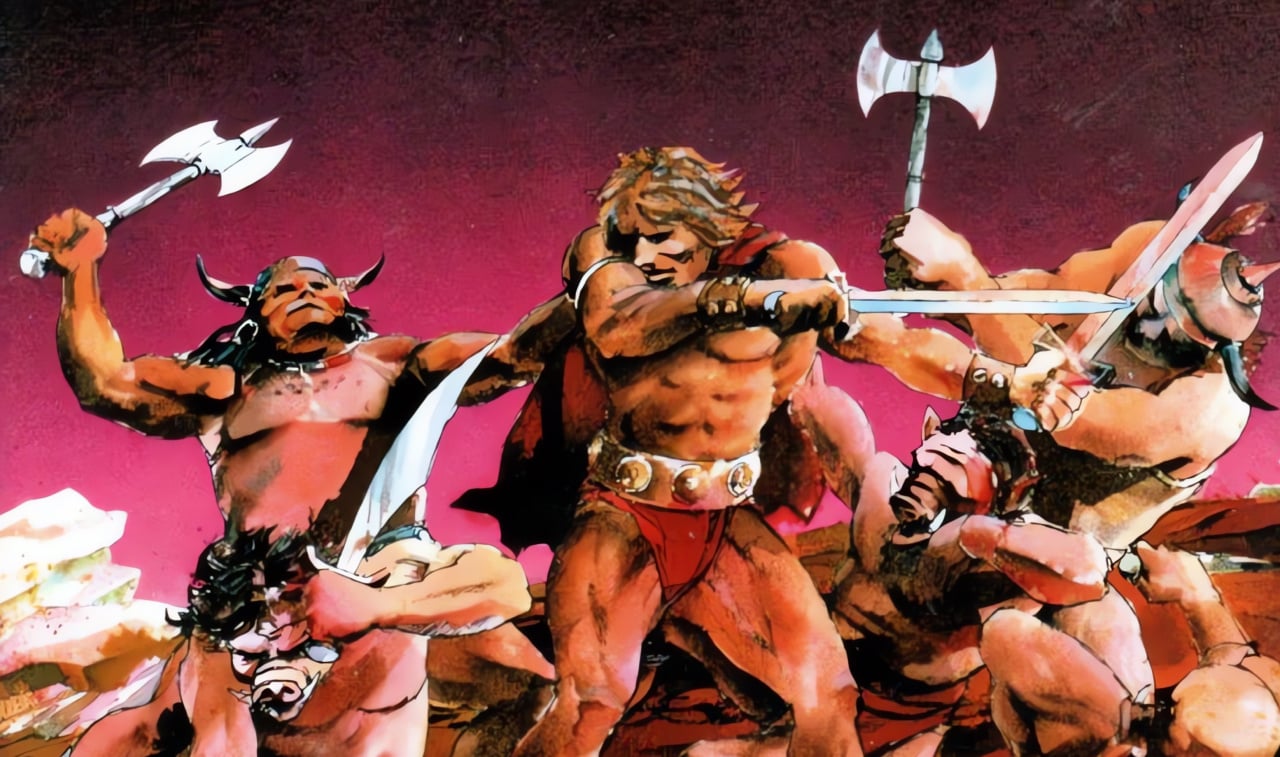How Henk Rogers, the man who bought Tetris, introduced the RPG to Japan.
On Wednesday, 10th February 1988, Japanese police arrested nearly four hundred schoolchildren involved in a mass breakout of truancy in what a National Police Agency spokesperson later described as “a national disgrace”. The absenteeism was inspired by a video game, Dragon Quest III, a role-playing game released that day for Nintendo’s Famicom games console, and which sold a million copies. Its release proved so disruptive that the game’s publisher, Enix, promised the Japanese government that henceforth it would only release subsequent Dragon Quest games at the weekend or during national holidays so as not to goad students and office workers into calling in sick.
To date, the Dragon Quest series has sold more than 60 million copies around the world. Its closest competitor, Final Fantasy, which is published by the same company, boasts even greater success, with in excess of 100 million global sales. The Japanese RPG is not only a financial success; it is also one of Japan’s most enduring cultural exports. But in 1983, the role-playing game was almost unknown in the country, viewed as an American curio, with no relevance to the Japanese market. But Henk Rogers, a Dutchman who had arrived in the country by way of Hawaii a few years earlier, saw things differently.
Read the full article on timeextension.com
How Henk Rogers, the man who bought Tetris, introduced the RPG to Japan.
On Wednesday, 10th February 1988, Japanese police arrested nearly four hundred schoolchildren involved in a mass breakout of truancy in what a National Police Agency spokesperson later described as “a national disgrace”. The absenteeism was inspired by a video game, Dragon Quest III, a role-playing game released that day for Nintendo’s Famicom games console, and which sold a million copies. Its release proved so disruptive that the game’s publisher, Enix, promised the Japanese government that henceforth it would only release subsequent Dragon Quest games at the weekend or during national holidays so as not to goad students and office workers into calling in sick.
To date, the Dragon Quest series has sold more than 60 million copies around the world. Its closest competitor, Final Fantasy, which is published by the same company, boasts even greater success, with in excess of 100 million global sales. The Japanese RPG is not only a financial success; it is also one of Japan’s most enduring cultural exports. But in 1983, the role-playing game was almost unknown in the country, viewed as an American curio, with no relevance to the Japanese market. But Henk Rogers, a Dutchman who had arrived in the country by way of Hawaii a few years earlier, saw things differently.
Read the full article on timeextension.com










